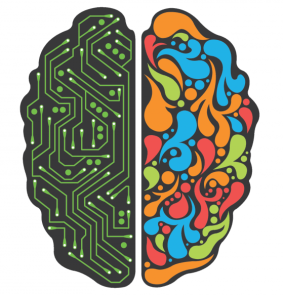
When Google started out, it had a database of indexed pages searchable by keywords and advanced search operators such as site:. Gradually, Google began adding semantic search features. (It has been reworking its storage, Index, accordingly, to contain “knowledge” type of data about stored pages). Here are the most significant semantic-oriented additions over the years.
- A while ago, Google started searching for words with the same root (“auto-stemming”).
- About five years ago, we also started seeing keyword synonyms in the results.
- In recent years, Google has started showing featured previews and Knowledge Graph objects, in addition to search results. Pages containing structured information are rewarded by custom snippets (an example would be a page about a movie, shown along with a star rating).
- In 2016, with the introduction of RankBrain, Google started to look at the query context.
- A month ago, with the BERT update, Google has started paying attention to short words that it previously discarded as stop words, to discover query meaning.
- Both RankBrain and BERT are AI-based, so they will work better with time.
- And here is something new and interesting – Google is taking personalized search a step further, having just filed a patent on building user graphs.
Science vs. Art
Google keeps its support for operators, giving us control over search results, and at the same time is greatly expanding semantic features, providing us with the most relevant results. If you use only operator-based search, put your keywords in the quotation marks, or run all searches in the Verbatim mode, you are missing out on powerful semantic search capabilities. Running queries out of a saved spreadsheet or Boolean builder has never worked well but will provide even more limited results than before.
Semantic search functionality is not just for the “simple-minded” user who Googles with a few keywords; it’s applicable to advanced research. The trick for best search experience (how do you like the expression? 😉) is to take advantage of both operator-controlled searches and Google’s interpretation of searches. (It’s not either-or – Google interprets all queries, including those containing operators).
As a metaphor, advanced Googling is like a combination of Science and Art, with the Art part continuing to grow. In practice, Googling needs both the left and right sides of your brain activated. Googling requires knowledge of search operators but also intuition, creativity, curiosity, resourcefulness, and natural intelligence. Everyone has these qualities; it’s a matter of putting them to work.
Looking at multiple examples of creative Googling, reproducing them, and modifying to fit your practice are the fastest ways to up your Google-Fu. You can do so as soon as next week by attending
Advanced Google Sourcing Workshop.
and asking follow-up support questions. Hope to “see” you there!
